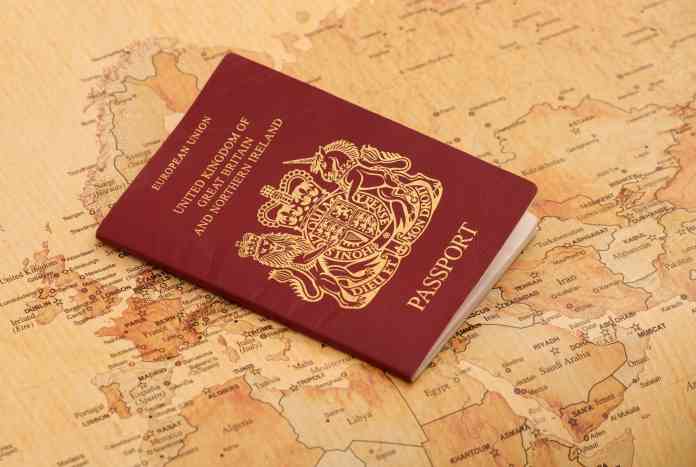News
Aug 24, 2017
Libya front line in Europe’s struggle against migration and terrorism - Boris Johnson
 Libya is the front line in Europe’s struggle against illegal migration and terrorism, says Foreign Secretary Boris Johnson.
On a visit to the capital Tripoli, Johnson pledged more than £9 million to help tackle people trafficking and terrorism. He agreed with Libya’s prime minister that the EU should do more to help tackle the migration crisis.
It was Johnson’s second trip to Libya this year. Ahead of his trip, Fayyez Al-Sarraj, head of Libya’s UN-backed unity government, issued a warning that Europe faced an increasing risk from terrorists unless it did more to help Libya stem the massive tide of illegal migrants.
Johnson said some of those who passed through Libya were already radicalised or could be involved in terrorism. His aid package includes £4 million to support the removal of mines and improvised explosive devices, particularly in the city of Sirte, a former IS stronghold from which the militants were removed by Libya’s military earlier this year.
Johnson also said Britain would help establish a form of electronic border to the south of Libya and offered more help to its coastguard. He also met the new United Nations special representative, Ghassan Salame, urging the international community to unite around a new UN plan expected soon.
He said: “Libya is the front line for many challenges which left unchecked can pose problems for us in the UK - particularly illegal migration and the threat from terrorism.
“That's why it is so important that we work with the Libyan government and our partners to help bring stability to Libya, stopping it from becoming a fertile ground for terrorists, gun-runners and people traffickers in close proximity to Europe.”
Fionna Smyth, Oxfam’s head of humanitarian campaign, said: “It is disturbing that Boris Johnson is talking about preventing people who are fleeing violence and destitution at home from leaving Libya.
"Research we conducted with people who fled through Libya found that all but one of the women questioned had suffered sexual exploitation and three quarters of people had witnessed murder or torture.
"Aid for people travelling through Libya is welcome but Britain should be helping them to find safety not trapping them in a country where they face violence and abuse."
Libya is the front line in Europe’s struggle against illegal migration and terrorism, says Foreign Secretary Boris Johnson.
On a visit to the capital Tripoli, Johnson pledged more than £9 million to help tackle people trafficking and terrorism. He agreed with Libya’s prime minister that the EU should do more to help tackle the migration crisis.
It was Johnson’s second trip to Libya this year. Ahead of his trip, Fayyez Al-Sarraj, head of Libya’s UN-backed unity government, issued a warning that Europe faced an increasing risk from terrorists unless it did more to help Libya stem the massive tide of illegal migrants.
Johnson said some of those who passed through Libya were already radicalised or could be involved in terrorism. His aid package includes £4 million to support the removal of mines and improvised explosive devices, particularly in the city of Sirte, a former IS stronghold from which the militants were removed by Libya’s military earlier this year.
Johnson also said Britain would help establish a form of electronic border to the south of Libya and offered more help to its coastguard. He also met the new United Nations special representative, Ghassan Salame, urging the international community to unite around a new UN plan expected soon.
He said: “Libya is the front line for many challenges which left unchecked can pose problems for us in the UK - particularly illegal migration and the threat from terrorism.
“That's why it is so important that we work with the Libyan government and our partners to help bring stability to Libya, stopping it from becoming a fertile ground for terrorists, gun-runners and people traffickers in close proximity to Europe.”
Fionna Smyth, Oxfam’s head of humanitarian campaign, said: “It is disturbing that Boris Johnson is talking about preventing people who are fleeing violence and destitution at home from leaving Libya.
"Research we conducted with people who fled through Libya found that all but one of the women questioned had suffered sexual exploitation and three quarters of people had witnessed murder or torture.
"Aid for people travelling through Libya is welcome but Britain should be helping them to find safety not trapping them in a country where they face violence and abuse."
View the latest
digital issue
digital issue




















